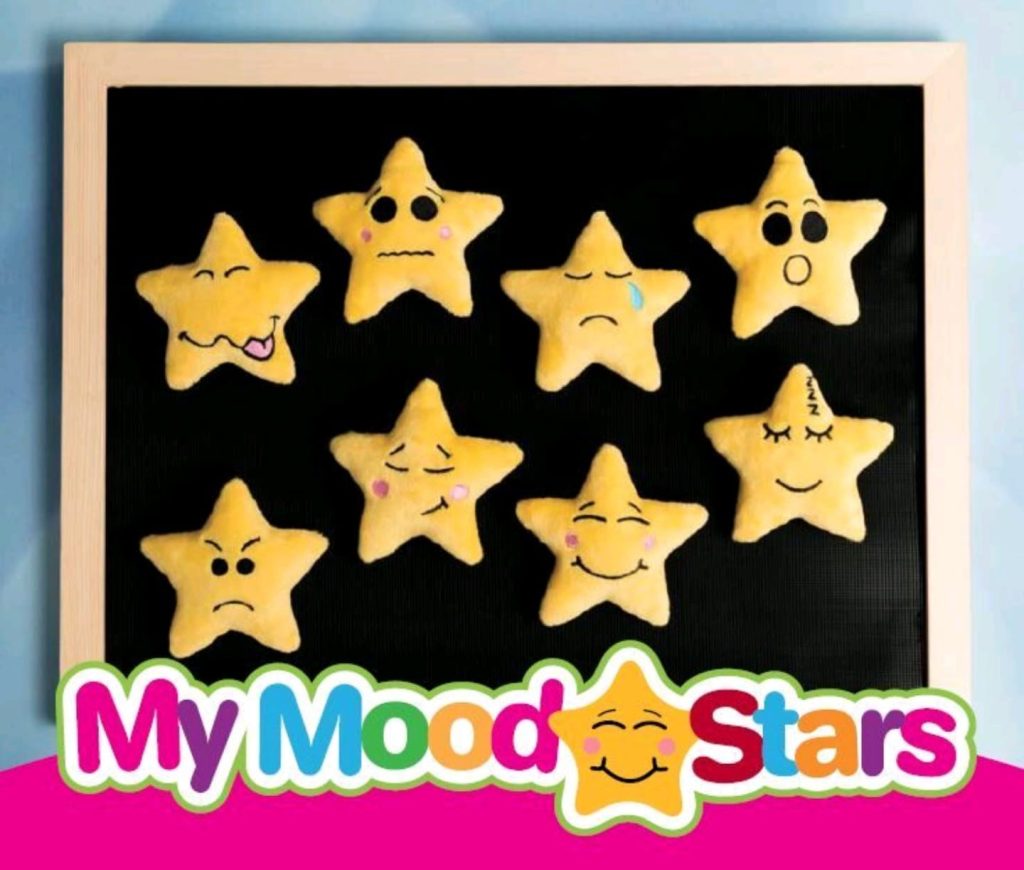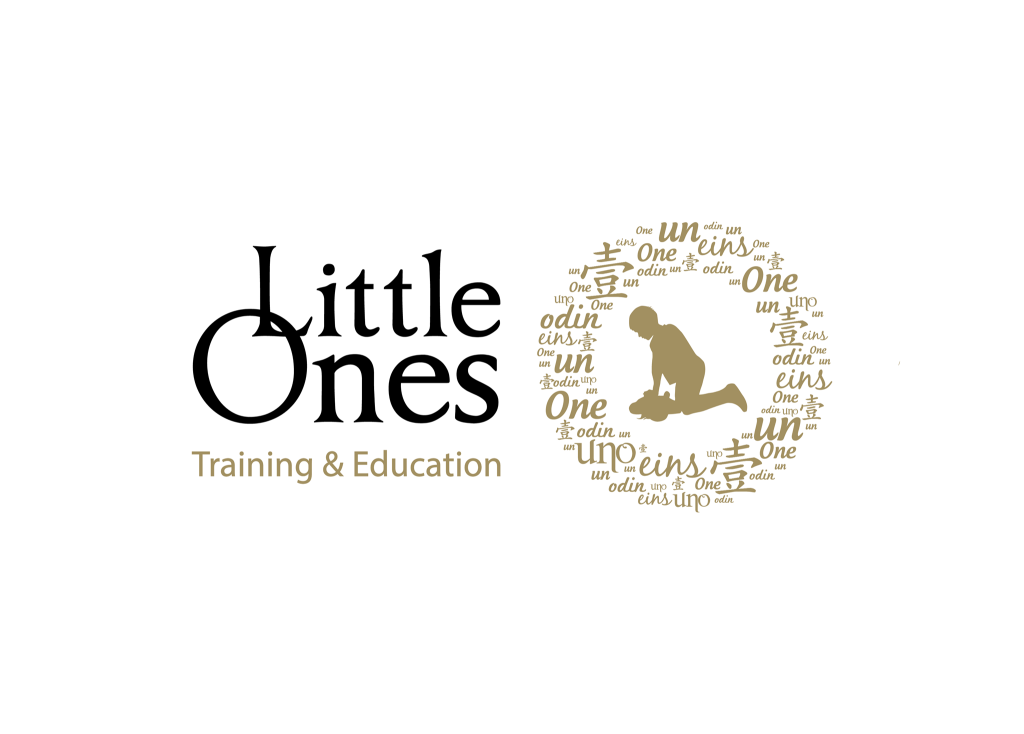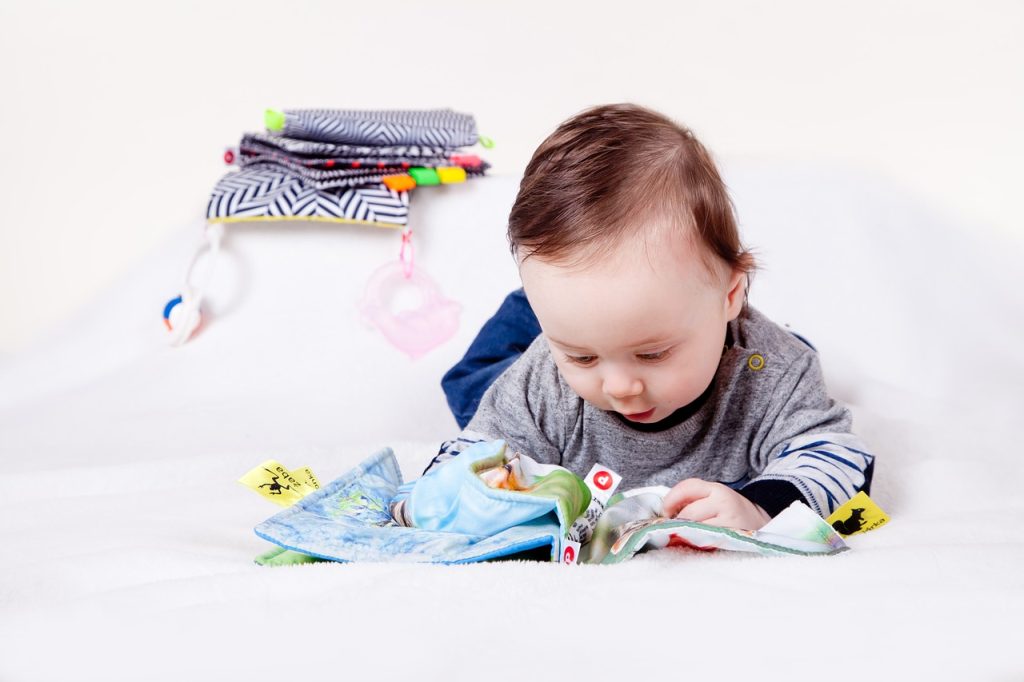Like any form of childcare, using a childminder has its upsides and downsides. The needs of working parents are as varied as the children they need to find care for. Just as with parenting in general, when it comes to childcare, there is no one-size-fits-all solution.
In this article, we will try to make an often-difficult decision – what kind of childcare to choose – a little easier by providing a simple list of the pros and cons of using a childminder.
Childminder Pros
- It is important, emotionally speaking, for children to forge strong attachments to their caregivers. It is easier for children to form an attachment to one caregiver, rather than several staff members at a nursery or preschool.
- Your childminder will be limited in the amount of children she can have in her care at one time, ensuring that she will be able to give the children in their care the attention that they need.
- A childminder will often end up costing less than a nursery or preschool.
- Many childminders accept the UK’s Early Years Vouchers that give all 3+ year olds 15 free hours of childcare per week.
- Childminders will often take newborn babies.
- Some will offer to pick-up and drop-off themselves, saving you further time.
- Childminders are OFSTED regulated, and by law they must have had a minimum level of training – unlike in some nurseries, where only a percentage of the staff are required to be qualified.
- Because the number of children they are caring for is much lower than a nursery or preschool, they are able to offer more flexible, individualised care, taking into consideration any preferences of the parents in discipline styles, for example.
- A childminder often becomes like a family friend, and a much-loved figure in the child’s life, remembered well into adulthood.
- The home-from-home setting can make it a lot easier for children to settle into being apart from their parents. In addition, being cared for by a childminder makes it easier for sensitive children to develop their social skills, as they will only ever be in a small group of children.
Childminder Cons
- Because they are so popular, it can be difficult to find a childminder that is available at the times you need them.
- As they work alone, it is a concern of some parents that there is no way of telling what happens behind closed doors. These parents would probably prefer their children to be cared for in a nursery setting.
- Some parents prefer the more school-like, structured environment of a nursery or preschool over the more relaxed, home environment of the childminder – this is not a ‘con’ as such, rather a personal choice.
From the perspective of the parents, a childminder often proves to be the most cost-effective, flexible childcare choice. Equally as importantly, many children do better with the individualised care and home-from-home setting that a childminder can provide. Only you know whether a childminder is the right childcare choice for your situation.




